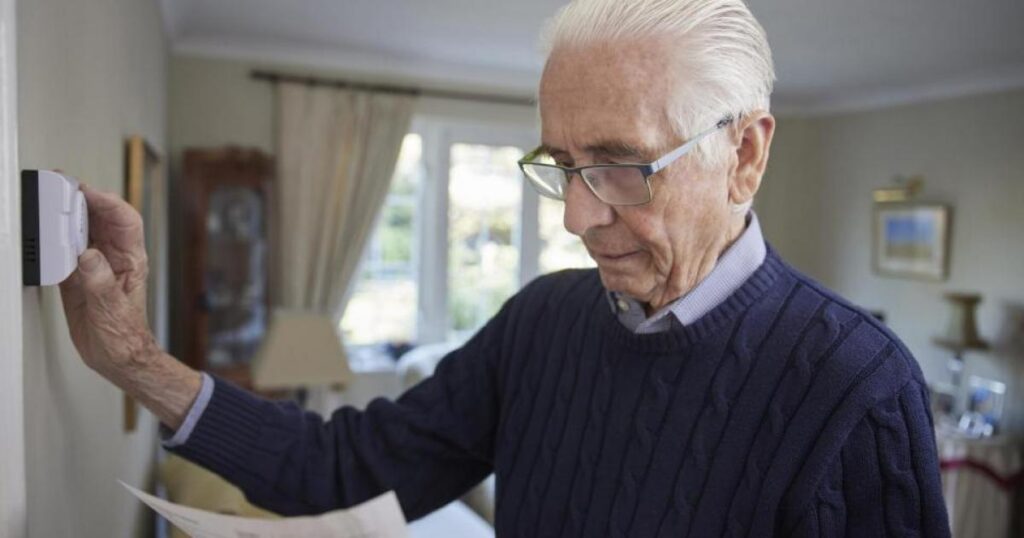With energy costs remaining high and the price cap adding pressure to household budgets, many are searching for ways to reduce their heating bills.
One expert has revealed the best time to turn off your heating while offering practical tips to avoid costly property damage from switching it off too soon.
According to Gordon Wallis, Renewable Heating Specialist at Your NRG, the optimal time to switch off your heating is when the clocks go forward and British Summer Time begins – this year falling on March 30.
This date, coupled with rising spring temperatures, strikes the perfect balance between comfort and cost savings.
Mr Wallis said: “With energy prices remaining a concern for many households, knowing when to turn off your heating can make a big difference to your bills.
“While the exact date may vary for each household, a sensible guideline is to consider switching off around the time the clocks go forward at the end of March.
“This transition to British Summer Time often signals the start of warmer days, reducing the need for central heating.”
He also recommends a phased approach to turning off your heating, rather than making abrupt changes.
Recommended Reading:
He said: “Rather than turning your heating off all at once, I suggest gradually lowering your thermostat by 1°C each week as temperatures improve.
“Not only does this help ease the transition to warmer weather, but it can also reduce your heating costs by up to 10% for every degree lowered.”
Energy bills set to soar in April
Energy bills are set to rise again in April, with the latest forecast suggesting a 5 per cent hike for typical household energy bills.
Energy consultancy group Cornwall Insight said it expects regulator Ofgem to reveal that the typical household energy bill will rise by 5%, or £85, to £1,823.
(Image: Getty/Daisy-Daisy)
Ofgem changes the price cap for households every three months, largely based on the cost of energy on wholesale markets.
The cap does not set the maximum a household will pay for their energy but limits the amount providers can charge them per unit of gas or electricity, so those who use more energy will pay more.
The regulator is due to confirm the level for April to June on February 25.
Dr Craig Lowrey, principal consultant at Cornwall Insight, said: “Households have been hit hard over the past few months, and with bills set to rise for a third consecutive time the pressure is not letting up.”
Mr Lowrey said the rise was because of an increase in wholesale gas prices across Europe.
He said this underscored the need for Labour’s push towards building more UK-based renewable energy, such as wind and solar farms.




